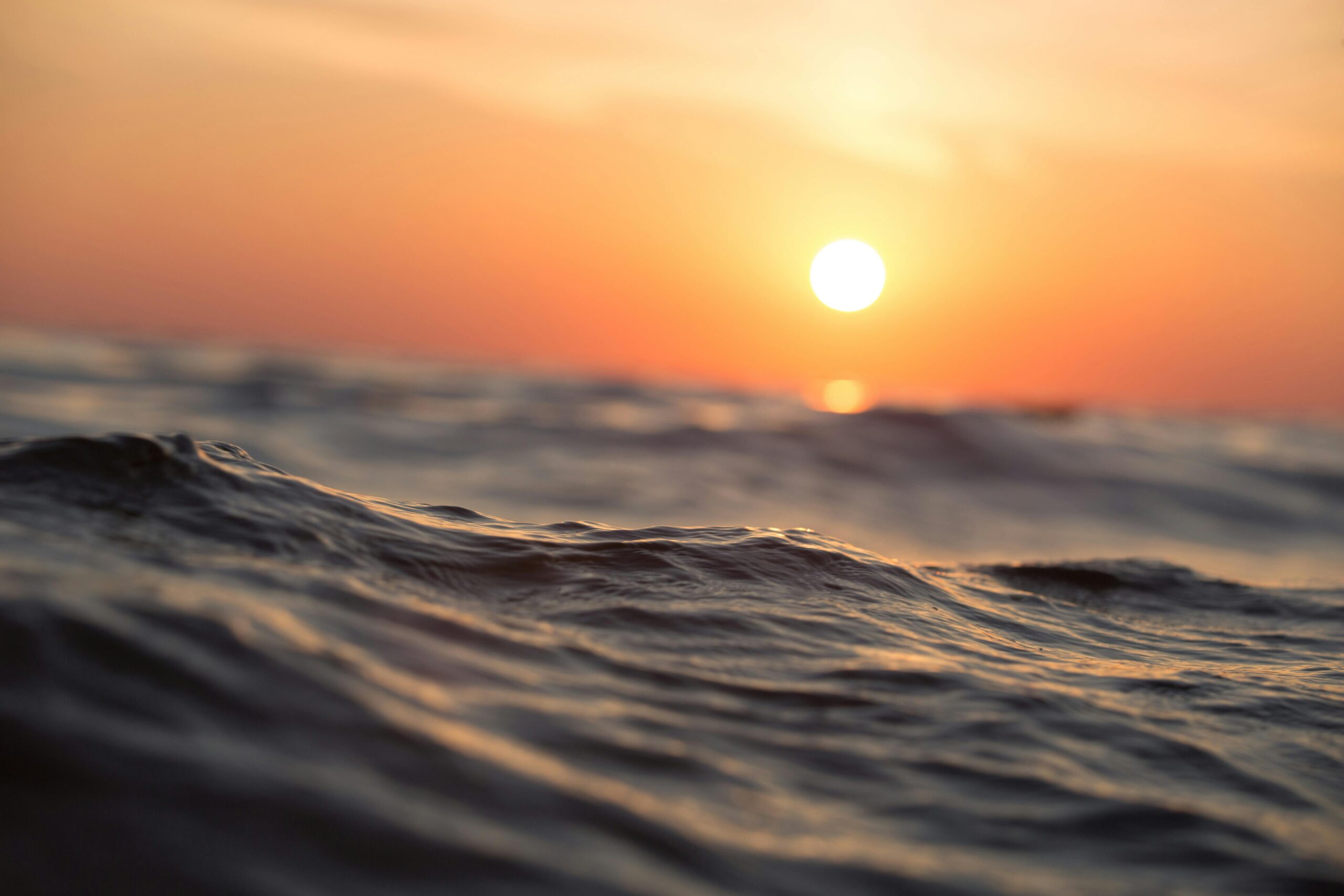
Author: COCETA
In a world where the climate crisis is becoming increasingly evident, talking about sustainability as an option is no longer enough—it is a necessity. In this context, the Blue Economy emerges as a powerful ally. Its proposal? To harness the potential of seas, oceans, and rivers responsibly, generating employment, innovation, and development without jeopardizing the health of the planet. The Belgian economist and entrepreneur Gunter Pauli was the person that first coined the concept in his book The Blue Economy.
What is the Blue Economy?
The Blue Economy refers to the sustainable use of aquatic resources—both marine and inland—to promote economic growth, improve livelihoods, and generate employment, all while preserving the ecosystems involved.
It includes a wide range of activities such as:
- Sustainable fishing, food production, aquatic crops, and aquaculture
- People and goods’ maritime transport
- Blue biotechnology, meaning the sustainable production of microalgae, bacteria, and fungi
- Coastal and fishing tourism
- Environmental education
- Renewable energy from the sea
- Integrated coastal zone management and maritime spatial planning
- Marine waste and litter management
In short, it is about viewing oceans as engines of sustainable development that can drive a more respectful and regenerative economy.
Social Economy and Cooperatives: A Key Element in the Blue Economy
What is the role that the Social Economy and cooperatives play within the Blue Economy? A particularly important one, as they share core values such as sustainability, local community development, social justice, and cooperation.
Cooperatives manage resources collectively and democratically, with decisions that originate at the local level and with a strong attachment to the territory. Moreover, by placing the individual at the centre of business activity, they align perfectly with the principles of the Blue Economy: a fair model with a forward-looking vision, promoting inclusion, environmental respect, and the exchange of knowledge between tradition and innovation.
Cooperatives and the Blue Economy place people and the planet at the heart of their efforts, building a more human and transformative economy.
Technology and Digitalization: Allies of Change
Technology and digitalization are revolutionizing the Blue Economy. Apart from contributing to the optimization of resources, they also enhance user experiences and create new job opportunities.
As an example of their application, in sustainable tourism, predictive technologies are currently being used to anticipate hotel demand and apply dynamic pricing, thereby improving planning and resource optimization. In maritime transport, smart systems are a powerful tool to optimize routes, save fuel, and reduce pollution. In the realm of sustainable fishing, data analysis enables the prediction of marine species behaviour and allows for efficient and sustainable fishing campaigns, helping to secure the livelihoods of those working in the sector.
Similarly, the Circular Economy is being promoted by reusing materials like damaged fishing nets to create new products such as clothing, bags, etc. In marine biotechnology, Artificial Intelligence (AI) is being used to transform algae into food packaging, cosmetic products, energy sources, and more. AI is also playing a role to manage water resources, predict water flow emergencies, and control the water cycle in drought-prone areas. Additionally, AI is now analysing underwater images to monitor seabed recovery, as well as satellite images to track the real-time evolution and impact of climate change on seas and oceans.
Oceans as the Planet’s Lungs
Finally, it is important to emphasize the need to focus on the oceans, as they are also the ‘lungs’ of the planet. Caring for them requires education, awareness, and collaboration among various stakeholders to protect and preserve these vital ecosystems.
The Blue Economy not only offers a way to ease the pressure on land-based resources but also opens the door to an economic model that respects nature’s rhythms, fosters innovation, and protects our oceans, seas, and rivers.
Adopting this approach—alongside the strength of cooperatives, the Social Economy, and technology—is a commitment to a fairer, more resilient, and hopeful future for all generations.
